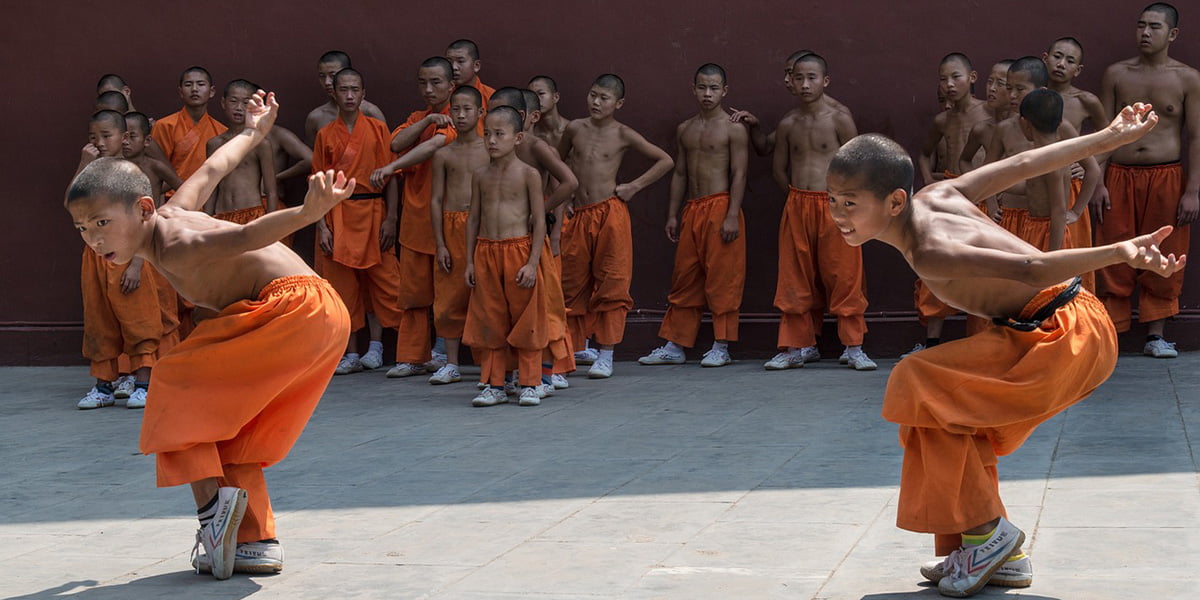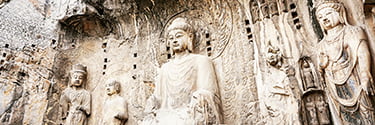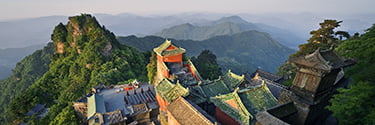Traveling Through Time: The Cosmic Journey of Chinese Astrology and China’s Enigmatic Cities
For many, China stands as a beacon of mystery and wonder, a land where ancient traditions intertwine seamlessly with modern life. But beyond the sprawling metropolises, the historic Great Wall, and the tranquility of its temples, lies a cosmos of cultural enigma: Chinese Astrology. As one embarks on a journey to this vast nation, understanding its astrological roots might just be the secret compass guiding travelers through China’s enigmatic cities.
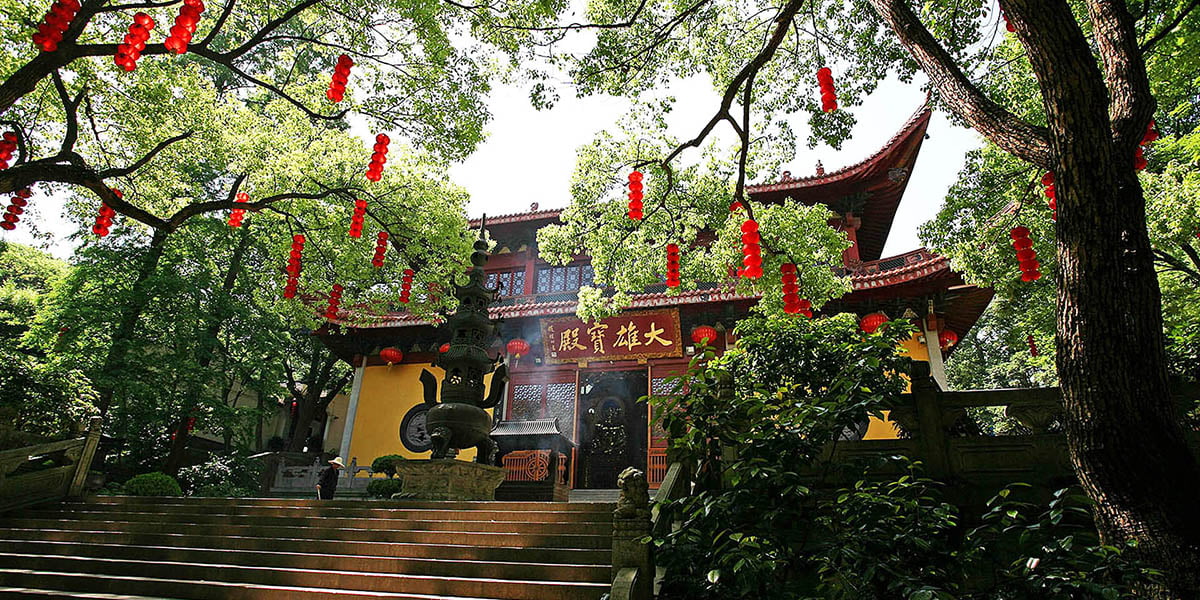
A Glimpse into the Past: The Genesis of Chinese Astrology
To understand Chinese astrology, one must travel back in time, to a period when emperors consulted the stars and cosmos to forecast the fate of their dynasties. Rooted in China’s ancient philosophy and cosmic observations, this practice has been an integral part of its cultural fabric for millennia. Chinese astrology, unlike its Western counterpart, is intrinsically tied to the cycles of the moon and the principle of Yin and Yang.

The Pillars of Chinese Astrology
At its core, Chinese astrology revolves around the concept of the Chinese zodiac. This zodiac comprises 12 animal signs, each linked to specific traits and characteristics. These animals – Rat, Ox, Tiger, Rabbit, Dragon, Snake, Horse, Goat, Monkey, Rooster, Dog, and Pig – rotate in a 12-year cycle, influencing not just personality traits but also one’s destiny.
Beyond the 12 signs, five elements (Wood, Fire, Earth, Metal, and Water) play a crucial role in shaping an individual’s life and destiny. And then there’s the concept of Yin and Yang, representing the dual nature of life – light and shadow, passive and active, male and female.
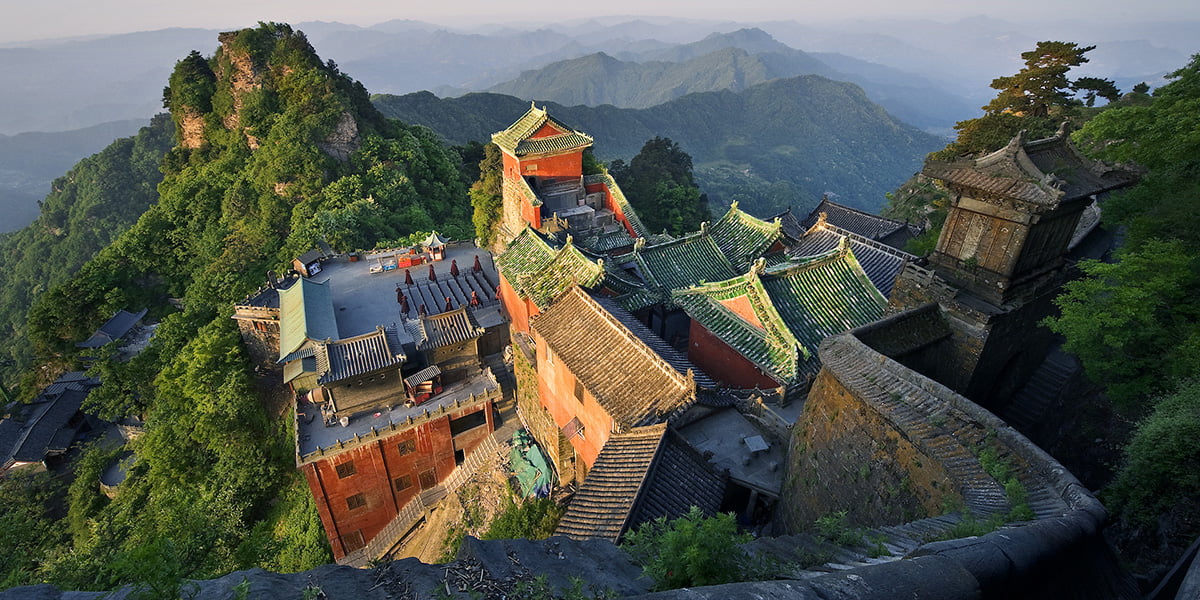
The Quintessence of Chinese Philosophy: The Five Elements
In the intricate tapestry of Chinese philosophy, the concept of the Five Elements, or ‘Wu Xing’, holds a pivotal place. These elements — Wood (木 mù), Fire (火 huǒ), Earth (土 tǔ), Metal (金 jīn), and Water (水 shuǐ) — are not just static, isolated entities; they operate in a dynamic system, interrelating and influencing one another in a continuous cycle of generation and control. Each element represents distinct qualities and characteristics. For instance, Wood symbolizes growth and vitality, akin to the burgeoning of plants in spring. Fire embodies warmth and dynamism, reminiscent of the summer sun. Earth stands for stability and nourishment, much like the harvest period. Metal signifies refinement and rigidity, mirroring autumn’s descent, while Water resonates with depth, intuition, and fluidity, echoing the stillness of winter. Together, these elements form the backbone of Chinese cosmology, shaping everything from traditional medicine and Feng Shui to astrology and martial arts.
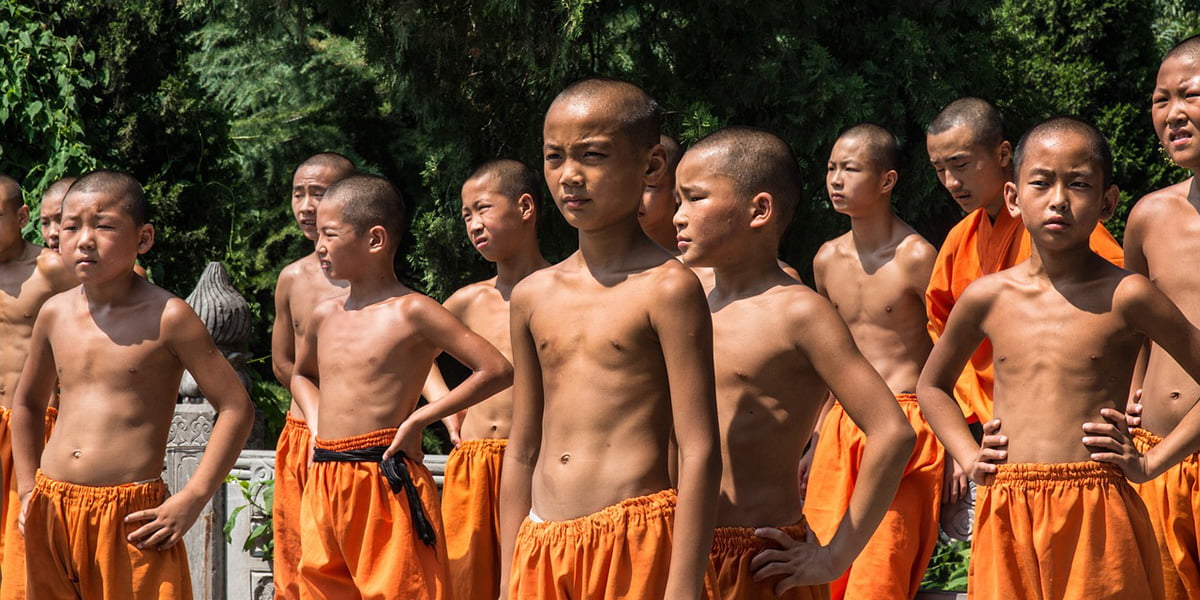
Chinese Astrology and the Spirit of Travel
Now, one might wonder, what does Chinese astrology have to do with travel? The answer lies in the heart of China’s cities, each of which offers a unique glimpse into the nation’s astrological heritage.
- Beijing: The capital city, with its historic charm, is akin to the Dragon – majestic, powerful, and brimming with a sense of eternity. As one wanders through Beijing’s ancient hutongs, there’s an overwhelming feeling of being connected to China’s cosmic past.
- Shanghai: This modern metropolis resonates with the energy of the Tiger – dynamic, ambitious, and ever-forward-looking. Yet, amidst the city’s towering skyscrapers, one can find pockets of astrological wonders, from markets selling zodiac charms to astrologers predicting fortunes.
- Chengdu: Much like the Rabbit, Chengdu is tranquil and laid-back. It’s a city where travelers can relax in teahouses, sipping traditional tea, all while discussing their zodiac signs and discovering what the stars have in store.
- Guangzhou: Reflecting the traits of the Rooster – hardworking, resourceful, and confident – Guangzhou is a city of trade and commerce. And it’s here that the age-old practices of Chinese astrology blend seamlessly with the city’s bustling markets and trade centers.
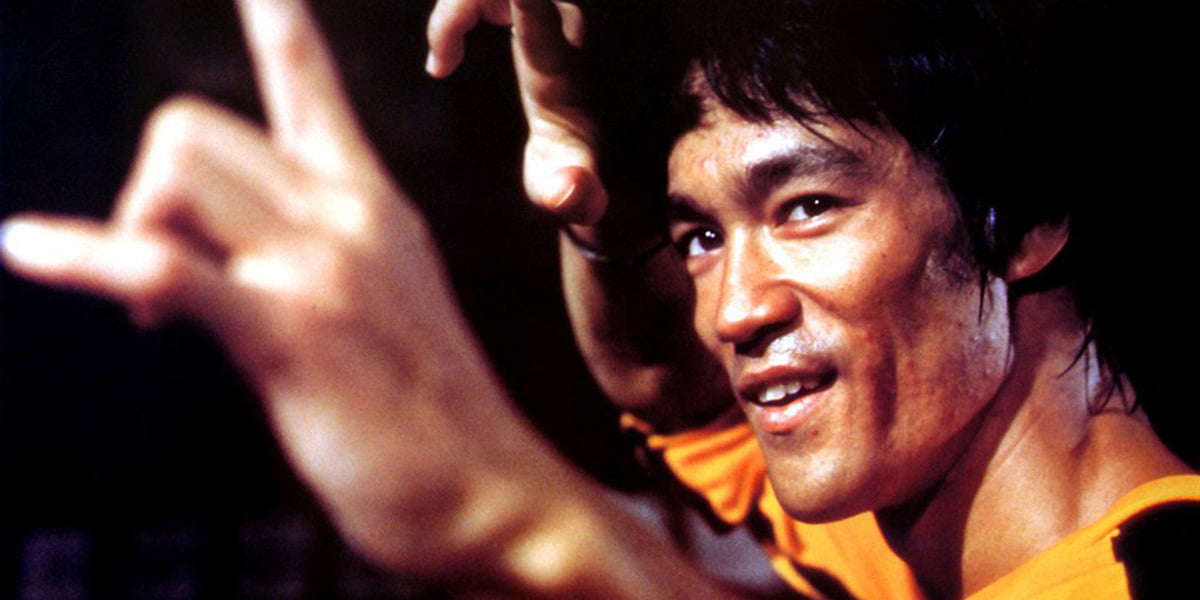
Making Chinese Astrology Your Travel Guide
For travelers intrigued by Chinese culture, understanding its astrological roots can offer a novel approach to their journey. One could plan their travel based on their zodiac sign, seeking cities and experiences that align with their cosmic energies. Or perhaps, consult a Chinese astrologer to chart out a travel itinerary that’s in harmony with the lunar cycles.
But beyond itineraries and travel plans, Chinese astrology provides a deeper connection to China’s soul. It bridges the gap between the past and the present, between the cosmos and the earth.
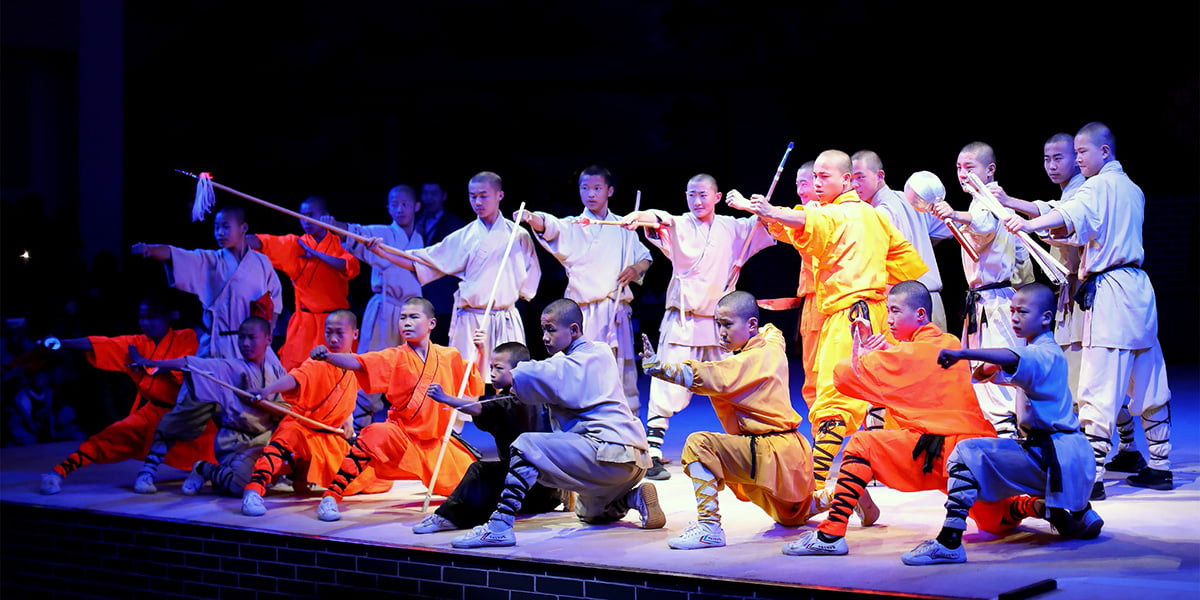
Conclusion: Your Cosmic Adventure Awaits
Travel in China is not just about sightseeing. It’s about immersion, understanding, and feeling the pulse of a nation that’s both ancient and modern. And as you embark on this journey, let Chinese astrology be your guiding star, leading you to experiences and cities that resonate with your cosmic self.
So, whether you’re a fierce Tiger or a gentle Rabbit, pack your bags and set forth on a celestial adventure through China’s enigmatic cities. Dive deep into the tales of emperors, explore markets pulsating with cosmic energies, and let the stars be your compass.
In the dance of the moon, the rotation of the zodiac, and the ebb and flow of Yin and Yang, you’ll discover not just China, but also a deeper understanding of yourself. Safe travels on your cosmic journey through the heart of China!


